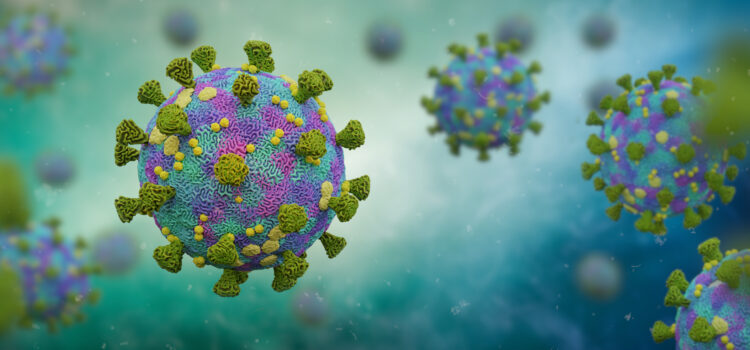
Mask mandates are slowly starting to be lifted and we are seeing a decrease in COVID-19 cases in Kern County, but new variants keep popping up.
There have been 121 new reported COVID-19 cases and a total of 242,803 resident cases. Three new deaths have been reported as of April 12, with a total of 2,323 Kern resident deaths.
The World Health Organization said on Monday there are two new sub-variants of the highly transmissible Omicron, BA.4 and BA.5.
Cases of BA.4 and BA.5 have not been reported in the United States, but have been reported in South Africa, Denmark, Scotland, the United Kingdom, and Botswana. These cases reported here have been of mild symptoms.
It is still unclear if these two new sub-variants are more dangerous because of their additional mutations, but WHO is investigating a few dozen cases of BA.4 and BA.5.
According to WHO, omicron’s original variant has already mutated multiple times. The second mutation of the Omicron strain, known as BA.2, now represents nearly 94% of all global cases and is more contagious than other sub-strains.
Dr. Peter Chin-Hong, Professor of Medicine and Associate Dean for Regional Campuses at UCSF, said that these new sub-variants are siblings of the BA.2 variant.
“The BA series, which is omicron, is so dominant and there’s so much transmission going on and at the same time they’re having all these different strains, so what’s happening is events where different friends of the BA flavor are getting together and they’re having children,” said Chin-Hong.
BA.4 and BA.5 were both discovered in South Africa and Dr. Chin-Hong says this is because there is a large population of immunocompromised people there.
“The first is that there’s a large proportion of folks who have persistent infection, there’s a large immunocompromised population there, so when you have a persistent infection it just gives more chance for different strains to come together,” said Chin-Hong. “The second reason is that South Africa, as well as Denmark and the U.K., have very good surveillance systems so that when things are detected it might not be that other places don’t have it, they’re just detecting it earlier.”
Chin-Hong said health experts are trying to create a vaccine that helps with all these new variants that keep coming up.